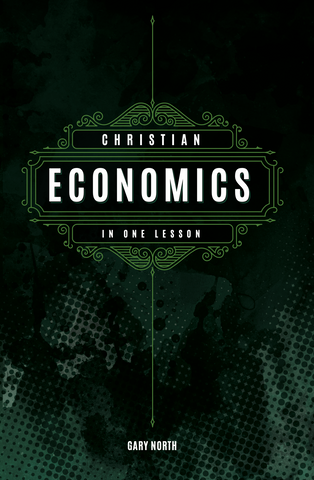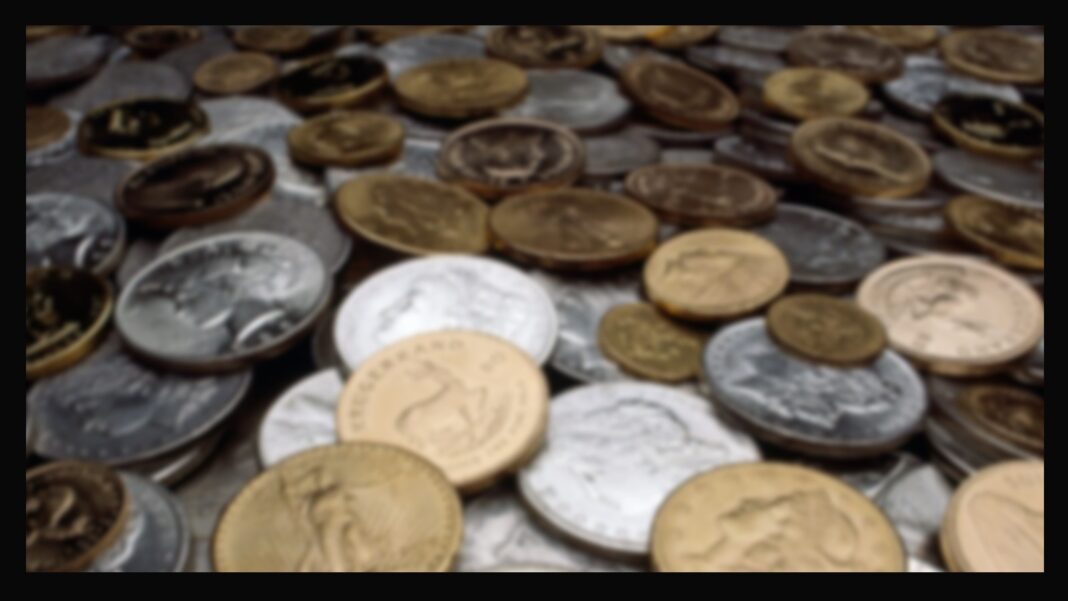Gary interviews Gordon Van Wechel with Alchemy Precious Metals.
The call for government intervention into market pricing is ancient. This call was resisted politically in the West until the decade before World War I began. After that war ended in 1918, the West saw the triumph of the isms: Communism, Fascism, National Socialism, Fabianism, and the smaller isms that arose in the wake of the larger isms.
Calls for government intervention into the price system have multiplied. Hazlitt’s book dealt with lots of these calls. But these calls have played second fiddle in the West to three government-bankrupting ideas: government pensions, government health care for the aged, and military empire. Europe is further along the path to bankruptcy because of the first two programs, along with government health care for the whole population. The United States has specialized in war since 1946.
Because of the price-disrupting effects of central banking and fractional reserve banking—both of which are government-licensed monopolies—the state’s interventions in these closely related sectors of the economy have subsidized the allocation of capital away from what consumers would have chosen, had politically favored special-interest groups not been furnished with fiat money. The economy of the world is now addicted to monetary inflation. Among modern economists, Austrian School economic analysis alone focuses on these disrupting effects. This outlook is not known by the public, and it is rejected by academic economists. Thus, the West is headed for the Great Default.
The window is cracked. The shattering is still ahead of us.
Gary interviews Gordon Van Wechel with Alchemy Precious Metals. Gordon is an expert in gold and silver trading and discusses why holding precious metals as part of your long-term investing strategy is important. (Part One of Two)
Click here for today’s episode
Check out Gordon’s website here

Christian Economics in One Lesson
Christian economics must begin with the issue of ultimate ownership. This sets it apart from modern economic analysis, which begins with the issue of scarcity. Second, this leads to the issue of theft, which in turn raises the issue of ethics. The ultimate form of causation in human history is ethical: right vs. wrong. Modern economists do not share this view. In fact, it goes beyond this. They openly reject it. They proclaim economic analysis as value-free—this is self-deception. It is a variation of an ancient temptation: “Hath God said?” Yes, He has. “Thou shalt not steal.”
















